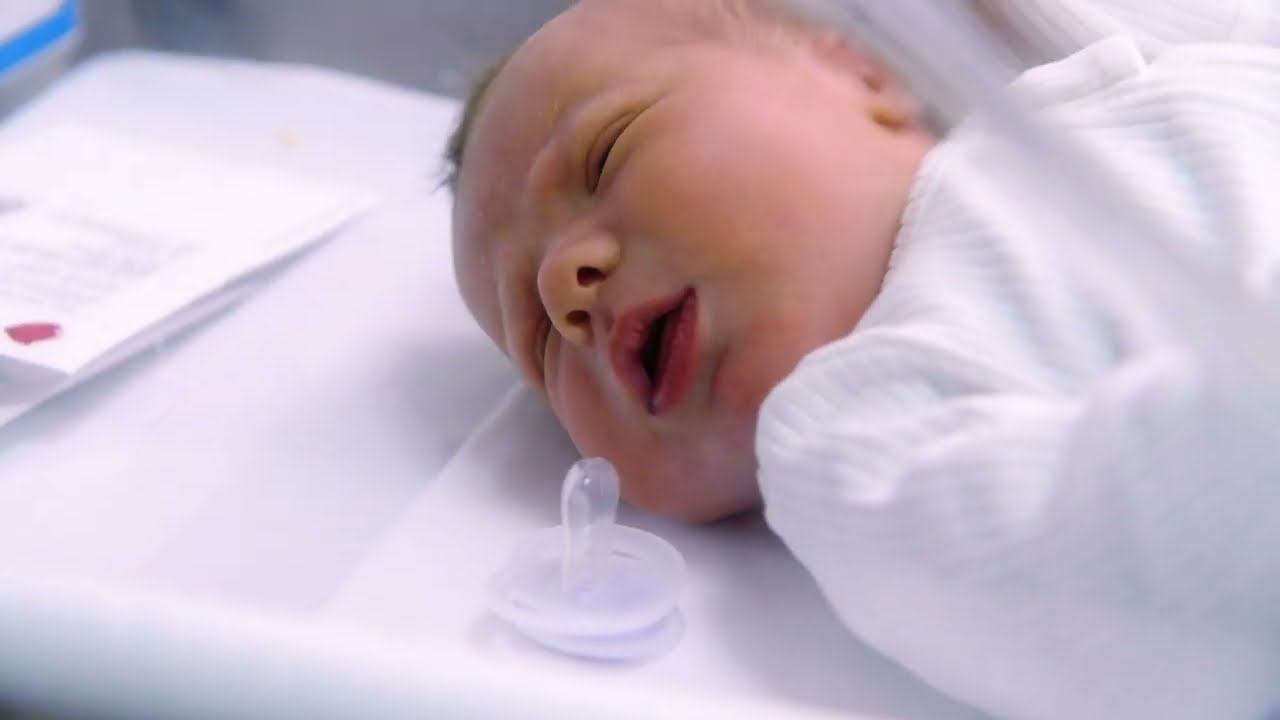Newborn Screening for Metabolic Disorders in Foals
Metabolic disorders are a group of diseases characterized by abnormalities in metabolism. In foals, these can lead to severe health issues if not detected early and appropriately managed. Newborn screening (NBS) aims to identify such conditions before they cause significant harm or symptoms. This service focuses on detecting metabolic disorders specific to neonatal foals through comprehensive testing.
Metabolic disorders in foals are typically caused by deficiencies in enzymes that are responsible for breaking down certain compounds into simpler forms, which the body can use more easily. These disorders can affect various systems including but not limited to the nervous system, muscle function, and overall energy metabolism. Early detection of these issues through newborn screening allows for timely intervention, potentially preventing long-term complications or even saving lives.
The testing process involves collecting a small amount of blood from the foal’s heel using a sterile lancet. This sample is then sent to our laboratory where it undergoes detailed analysis using advanced instruments and techniques. The results are compared against internationally recognized standards such as those set by ISO, ASTM, EN, IEC, and other relevant organizations to ensure accuracy and reliability.
Our team of experienced professionals ensures that every step from sample collection to final report generation adheres strictly to best practices outlined in these guidelines. By providing accurate results promptly, we enable veterinarians and owners to make informed decisions regarding treatment options and care plans for affected foals.
The importance of newborn screening cannot be overstated. Early diagnosis allows for prompt medical intervention which can significantly improve the prognosis for affected foals. Without such screenings, many potentially treatable conditions could progress unchecked leading to poor outcomes or death. Our service plays a crucial role in ensuring that no foal misses out on this essential healthcare.
Additionally, our laboratory participates actively in research initiatives aimed at improving diagnostic methods and expanding the range of disorders covered by NBS programs worldwide. We continuously update our protocols based on latest scientific findings to maintain high standards of quality assurance.
To summarize, newborn screening for metabolic disorders in foals is a vital tool in neonatal healthcare that helps identify potentially serious conditions early on so appropriate measures can be taken promptly. Our commitment to providing accurate and timely results makes us the go-to choice for this critical service.
Applied Standards
The clinical and healthcare testing sector, particularly within prenatal and newborn screening, adheres closely to international standards which provide benchmarks against which our services are measured. For foal metabolic disorder screenings, we follow the guidelines laid out in several key documents:
- ISO 15189: This standard sets requirements for quality management systems used by medical laboratories and is widely recognized globally.
- ASTM E2560-13: This American Society for Testing and Materials (ASTM) standard provides criteria for newborn screening panels including those targeting metabolic disorders.
- EN ISO 17025: European Union equivalent to AS015189, ensuring compliance with strict quality assurance procedures.
- IEC 62366-1:2014: International Electrotechnical Commission standard applicable to medical device software that ensures safety and effectiveness.
These standards ensure consistency across our testing processes, guaranteeing reliable results every time. Compliance with these international norms is not just about meeting regulatory requirements; it reflects our dedication to delivering the highest level of service possible.
Customer Impact and Satisfaction
The impact of timely detection and management of metabolic disorders in foals cannot be overstated. Early intervention often translates into better outcomes for affected animals, enhancing their quality of life and reducing long-term costs associated with chronic diseases.
- Improved Prognosis: Detection before symptoms manifest significantly improves the chances of recovery or successful management.
- Enhanced Quality of Life: Prompt treatment allows foals to develop normally without interference from undiagnosed conditions.
Clients who opt for our newborn screening service report higher levels of satisfaction due to peace of mind knowing their newborns are being thoroughly checked. Positive feedback from veterinarians and owners alike highlights the value added by our precise diagnostic capabilities.
Competitive Advantage and Market Impact
In a competitive market where reliability and accuracy matter most, our laboratory stands out through its adherence to stringent international standards and cutting-edge technology. By offering reliable newborn screening services for metabolic disorders in foals, we contribute positively to the broader healthcare industry.
- Reputation: Our reputation for delivering accurate results swiftly earns us loyalty among clients and partners alike.
- Market Leadership: As pioneers in this field, our leadership position influences standards within the sector.
Our commitment to excellence extends beyond mere compliance; it encompasses continuous improvement based on feedback received from users. This dedication ensures that we remain at the forefront of neonatal healthcare innovation.





